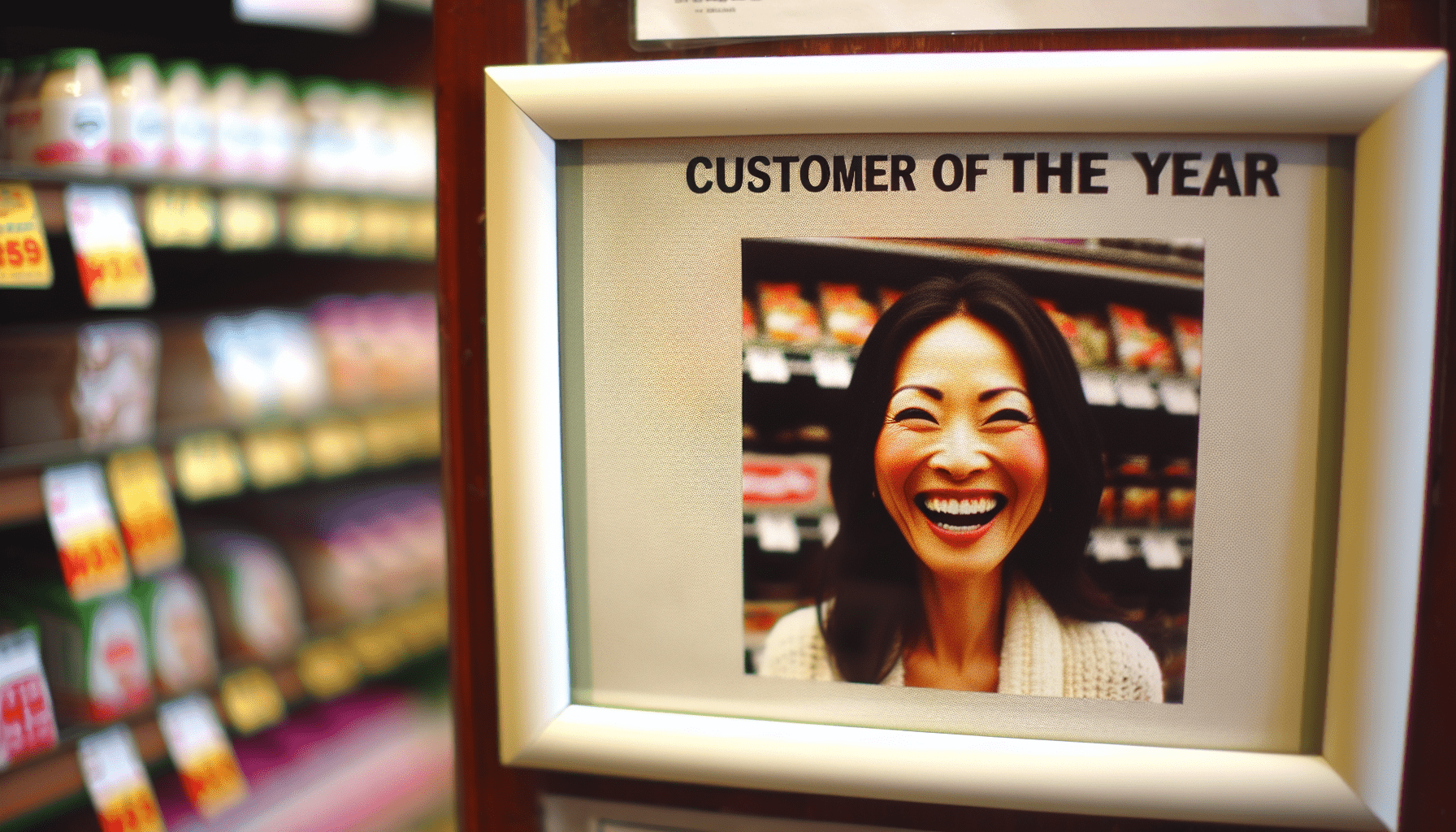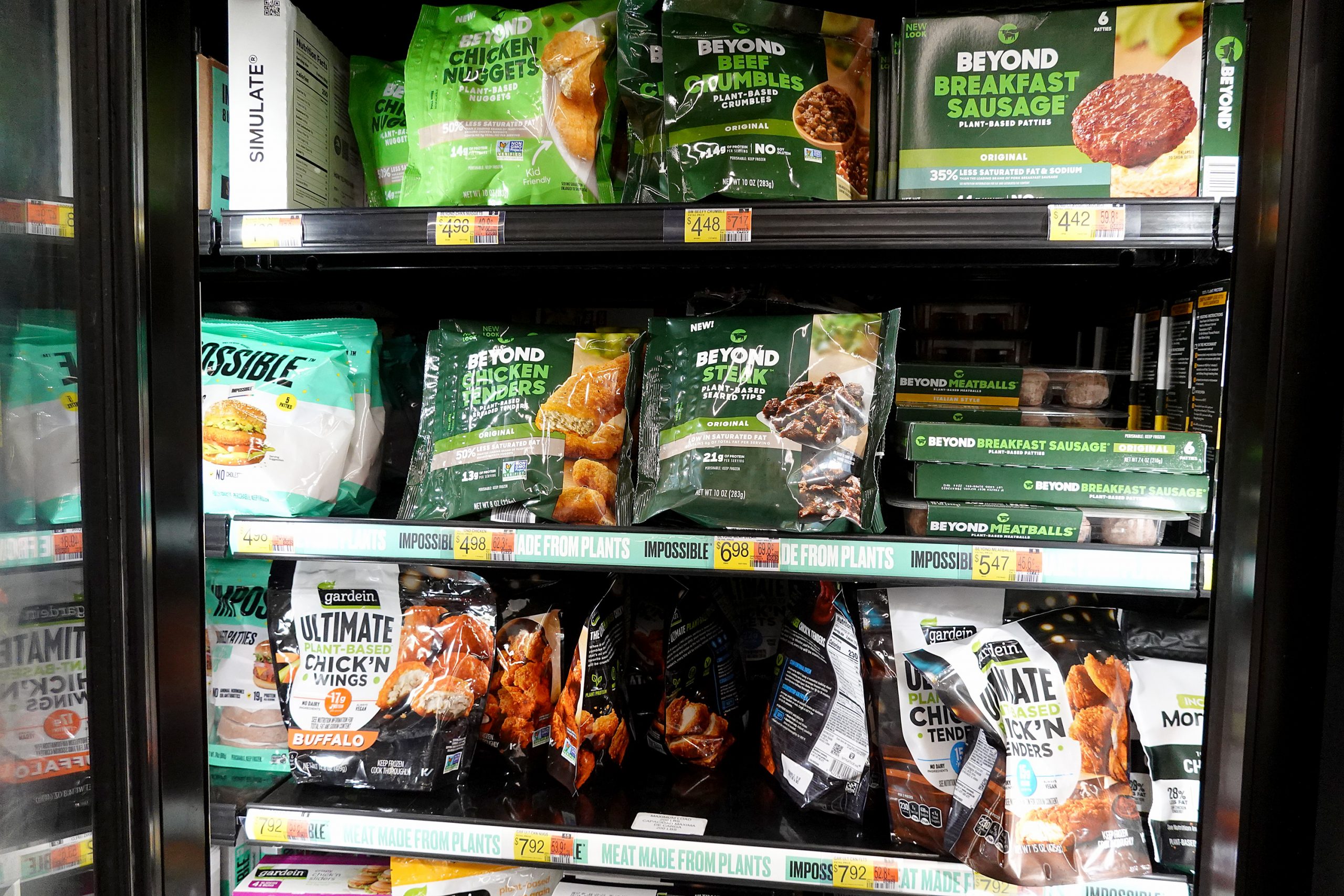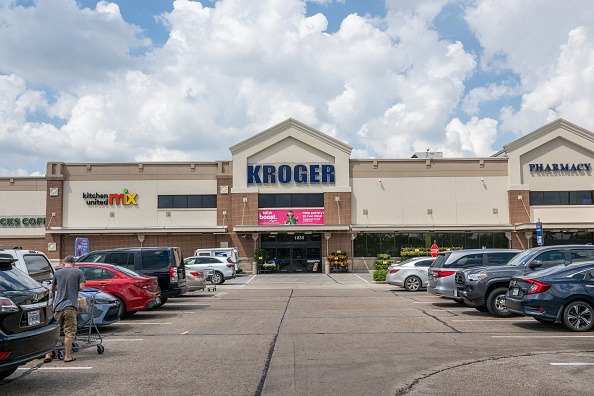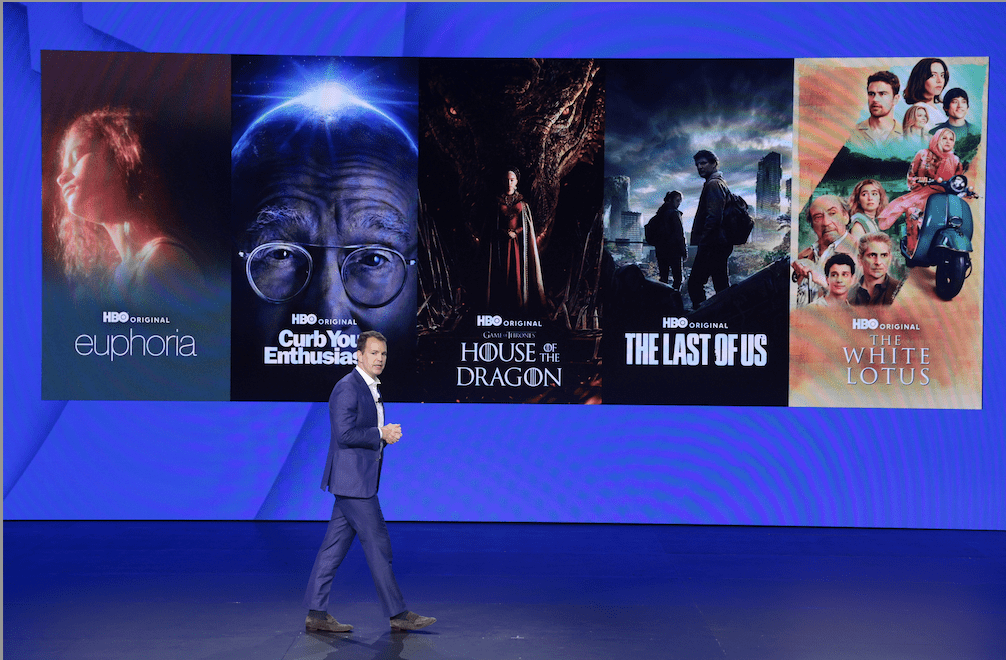Luckbox leans in with Lara O’Connor Hodgson

Lara O’Connor Hodgson is the President & CEO of NOW Corp, a company that aim to free small businesses from the burden of being a free bank to their customers.
Before co-founding the company, Lara launched Nourish, a manufacturer of patented, spill-free children’s water bottles. The company sold products in airports, hotels, entertainment venues and retail outlets, and Amazon. During that time, she experienced the ongoing challenge of funding trade credit required to support her business’ growth.
Her firm’s NOWaccount is the first merchant service payment system for B2B that enables businesses to get paid immediately instead of waiting for the payment terms of an invoice. The service platform bills itself as similar to a credit card. NOW Corp. is the subject of a Harvard Business School case study. Lara serves as an Entrepreneur in Residence at the HBS as well.
This month, Lara discusses her experiences working with Amazon and addresses an additional competitive (perhaps anti-competitive) issue that has gone ignored by Congressional investigators. Companies like Amazon are able to use their leverage to extend payment terms on sellers that use its e-commerce platform. And in many cases, these sellers are also competitors of Amazon in various consumer goods categories.
How Was Your Experience Different with Amazon and Your Other Customers?
We also sold Nourish through retail. We sold through Whole Foods. We sold in airport shops. We set pricing with these customers based on our relationships with them. Amazon didn’t interfere. We didn’t do a lot online outside of Amazon. For a small business, Amazon is the channel. I do suspect that if we were selling elsewhere online, Amazon would have always made sure that its price was as cheap, if not cheaper, than those other online platforms.
What Were Your Payment Terms with Amazon?
When I first signed up to sell to Amazon, my terms offered a 2% discount if Amazon paid in 15 days, and or they would pay in 30 days. So, “2%-15, net 30.” But many people take those discounts, and they don’t pay in 15 days. They’ll pay later.
About a year into working with Amazon, I received a letter. It effectively said, “Your product is selling nicely. Our terms have changed. It’s now 2% discount if we pay in 15 days, or we’ll pay in full and 45.” They went from Net 30 to Net 45. They didn’t ask me if that was okay. I called my account manager and said if they go to 45 days, I’m going to increase my wholesale price to account for that cost of 15 more days of me funding myself. His response was: “You can’t just unilaterally change your price.” When Amazon went from 30 to 45 days, they increased my costs. Yet they told me I couldn’t increase my prices.
Did You Face Any Other Pressures from Amazon?
When you sign up with them, you agree to the terms that I mentioned. They changed a year into the relationship. There are certain restrictions. When you get a purchase order, you have to accept the purchase order within a time window. You have to ship within a time window. It has to arrive within a time window. There can be deductions if boxes are shipped incorrectly, or labels aren’t readable. I wouldn’t say that’s unique to Amazon. Every once in a while, I’d get an email saying, “Please agree to this marketing campaign? We’re going to highlight your business, and you’re going to pay us 13% of revenue that month.” And again, they’re not negotiable.
What are the fundamental problems around Amazon’s payment practices?
When a small company sells to a larger company, efficient economic theory suggests the larger company would pay immediately. They would use their low cost of capital, prepay the supplier, and be the source of capital to get some value. Larger companies with balance sheets could be the ones funding their small suppliers. They choose not to do that for a variety of reasons. Amazon’s position is unique because they often compete with the same people who are their suppliers.
How are Amazon’s Payment Terms Set?
I often ask small businesses, “How do you decide if you’re going to give Net 30 or Net 60 to a large company like Amazon?” I always get same response. They laugh. They don’t decide what to offer. They are told what they’re going to give Amazon.
We were told by another seller that Amazon decides when to pay based on the risk and age of the account. Is this common?
Where’s Amazon’s risk? They might use risk as the reason or the excuse for its payment terms. If I’m selling on the platform, the risk depends on whether Amazon is warehousing a company’s product or they are simply facilitating the transaction, and the company delivers. The real question is: Is Amazon taking any payment risk at all? Quite frankly, it’s the seller who has the biggest risk on whether a customer pays.
Who is Amazon’s largest lender?
For nearly any large U.S. company, its largest lender is its suppliers. And that obviously goes down a whole supply chain all the way to a whole myriad of small businesses. Because every time you send a good or service, and you deliver, and then you don’t have to be paid for 30, 60, 90 days, you’re the free bank. If Amazon takes 45 days to pay somebody, they’ve got to take 60 days to pay their supplier who has to take 75 days to pay their supplier. And somewhere down the line, you just put a whole bunch of people out of business.
Amazon accounts payable at the end of 2020 hit $72.5 billion, which represented a 52% increase year-over-year. What does that suggest about the pandemic or Amazon’s payment practices?
If someone’s accounts payable grew by that much, they certainly delayed vendor payments by some number of days. Essentially, they’ve borrowed that money for free because they’re not paying interest on it. They could have borrowed from a line of credit at a financial institution, but they would have had to pay something for that.
Let’s say that Amazon’s payment terms extend from 30 to 45 days on a company that sells yoga mats, yet Amazon also sells its own branded yoga mats. Are those delayed payments creating a competitive advantage?
It’s absolutely a competitive advantage. One vendor sells yoga mats through Amazon. And Amazon also manufactures and sells its branded yoga mats. Let’s say they each make a sale on the same day. Amazon gets paid for both of these products. Amazon received its revenue immediately. Amazon is also holding its seller’s money for 45 days. That’s a huge competitive advantage. Amazon is using the seller as a source of free capital.
Would you say that it’s anticompetitive?
In the yoga example, Amazon has a competitive advantage already. Their money is cheaper than the seller’s, and they can make a mat cheaper than the seller. Everything about their ability to make the same yoga mat and deliver it to the customer cheaper and make a higher profit is already intact. But if on top of that, they can delay the seller’s receipt of their revenue, I think it is anticompetitive. The seller’s only way to keep up with Amazon is to borrow money to bridge those 45 days. The seller is essentially an indentured lender to Amazon.
It’s no different than if we were racing. But you held me back for 45 seconds while you ran off. That’s the definition of anti-competitive. You control my ability to compete with you.
In an ideal world, what would you like to see happen with Amazon’s business practices?
I think Amazon serves so many small business vendors, they really could be a leader in sharing some of the burden that small businesses are bearing. I’m not saying Amazon should take the whole burden. I don’t that’s good for our economy, either. Large companies rely on the free capital they get from suppliers. To force them to pay faster simply shifts the burden and would hurt the economy. But I do think that there are solutions collectively where large companies and payment solutions like NowAccount® can find a way to reduce the financial burden faced by small businesses because it’s crushing the US economy.





















